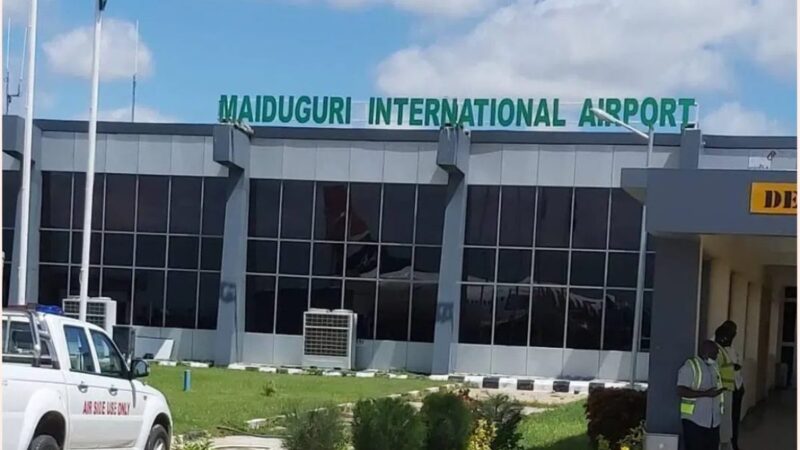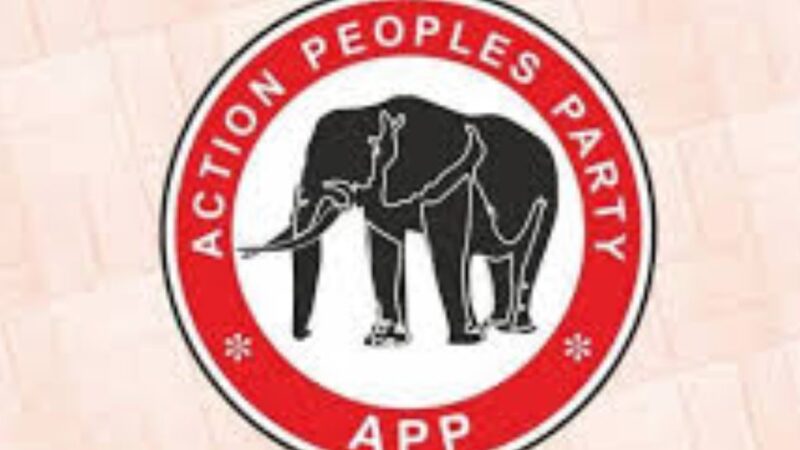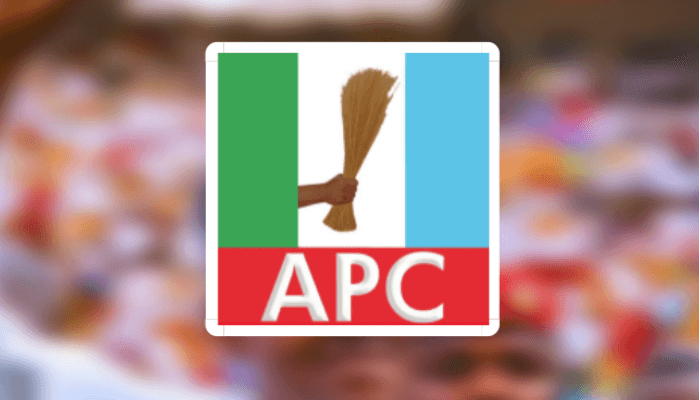CGC Adeniyi Reaffirms Customs’ Commitment to Strengthening Intra-African Trade Through AfCFTA Partnership

…secures AfCFTA secretariat’s endorsement for Customs PACT Initiative
The Comptroller General of Customs (CGC), Adewale Adeniyi, has reaffirmed the Nigeria Customs Service’s (NCS) dedication to partnering the African Continental Free Trade Area (AfCFTA) Secretariat to deepen continental trade integration, improve data accuracy, and address structural challenges limiting intra-African commerce.
Adeniyi made this known on Monday, November 3, 2025, during a courtesy visit to the AfCFTA Secretariat in Accra, Ghana, where he met with senior officials to discuss collaborative strategies for strengthening Customs efficiency and advancing the goals of the AfCFTA Agreement.
During the meeting, Adeniyi commended the Secretariat for its strategic leadership in engaging key stakeholders including Customs administrations, development partners, and economic operators to unlock Africa’s trade potential. He noted that the Secretariat’s support has been instrumental in shaping the agenda for the upcoming Customs-Partnership for African Cooperation in Trade (C-PACT) conference, scheduled for November 17 to 19, 2025, in Abuja.
“The AfCFTA Secretariat has been beneficial in mobilising African Customs and economic operators. We have received a concept note from the Secretariat and held several meetings. We now have a clear direction for the conference in Abuja on November 17″, Adeniyi stated.
Highlighting the outcomes of their ongoing engagements, the Comptroller General emphasised the need for Customs administrations across Africa to take a leading role in tackling deficiencies in trade data management.
“We have heard strong arguments that Customs should lead in addressing trade data deficiencies across the continent. This is a challenge I have accepted to take on, working closely with my colleagues”, he said.
Adeniyi also underscored the importance of institutionalising the AfCFTA framework that brings together all heads of Customs administrations, noting that such coordination is key to long-term policy consistency and effective trade facilitation.
“The structure uniting Customs heads under the AfCFTA must be strengthened. Once the Customs Pact is institutionalised, it should operate effectively within the Secretariat’s framework to drive sustainable trade facilitation”, he added.
He further stressed that overcoming issues such as poor data integration, fragmented policies, and limited inter-agency coordination is essential for unlocking Africa’s trade potential. Adeniyi expressed optimism that the C-PACT Conference would serve as a turning point for Customs cooperation and data-driven governance across the continent.
In his response the Secretary General of the AfCFTA, welcomed the Nigerian delegation and commended the NCS for its leadership in driving continental Customs collaboration.
Acknowledging persistent challenges—including weak logistics infrastructure, high transport costs, and limited coordination among agencies, Mene highlighted the Secretariat’s efforts to engage Customs administrations, ministries of trade, and private sector actors to promote cohesive trade facilitation.
He expressed confidence that the upcoming C-PACT Conference in Abuja would serve as a valuable platform for addressing these challenges and identifying actionable policy solutions. Mene also revealed that the AfCFTA Secretariat is considering making the conference an annual institutional event to maintain momentum in Customs cooperation and data integration across Africa.
Recalling an existing Memorandum of Understanding with the World Customs Organisation (WCO), Mene explained that the partnership seeks to boost private sector participation and support the implementation of e-certificates of origin across member states. He further disclosed ongoing discussions on a Single Bond Guarantee Scheme to strengthen the AfCFTA’s Annexe on Transit and enhance cross-border efficiency.
Emphasising the centrality of Customs in AfCFTA’s success, Mene urged active participation by Customs administrations in shaping trade data systems, developing Authorised Economic Operator (AEO) mutual recognition frameworks, and improving trade statistics management across Africa.





